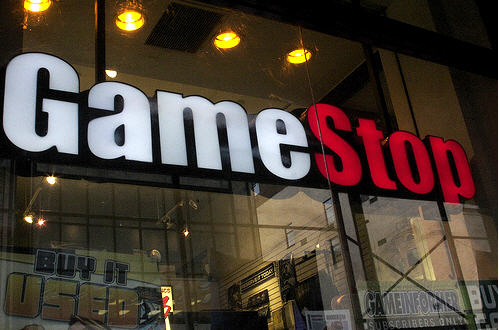Google is predicting that its online office suite, Google Docs, will soon give people the option to “get rid of” Microsoft Office. With Google Docs in a less than robust state, that pronouncement sounds more like vendor bravado than prophecy.
Google’s entire premise is based on vaporware: It is promising to update Google Docs within the next year so that it will meet “the vast majority’s needs,” Dave Girouard, president of Google’s enterprise division told ZDNet Asia in an interview published on Friday.
Google is planning “thirty to fifty” updates that will make Docs more capable and on par with Google Mail and Calendar, Girouard said. He believes that businesses do not use Google Docs because it has not reached the same level of maturity as those products.
If Microsoft made a similar pronouncement, it would have been immediately dismissed as peddling vaporware. Even if Google gets it right, there is no guarantee that enterprises will make the switch for a multitude of reasons.
I believe that Girouard is overreaching with his marketing message. Organizations have standardized on Word, and have processes built around it. Switching would require training, and replacing software that is built around it.
Issues such as electronic discovery and staying compliant with privacy laws also come to mind. Who will own the data, and where will it reside? Will developers be content with the APIs that Google provides, and will they extend its functionality to be more business-friendly? Microsoft is years ahead building out the Office ecosystem.
Moreover, there are very good free and open source alternatives to Word that exist today–not at some nebulous date next year. Yet, Office still remains dominant, and Microsoft is also not resting on its laurels: Office 2010 beta 2 includes some Web services, and it has hosting partners.
Girouard made another point that begs more thoughtful analysis. “…I don’t think Office will entirely disappear, Instead, Microsoft’s offering will become a specialized offering for office workers who need its additional functions, akin to Adobe Photoshop, which is targeted at skilled workers,” he told ZDNet.
Presently, most Google’s products are aimed at consumers. I am not familiar with any large enterprises that run them aside from universities that have cut deals with Google to administer their Web mail. Students have little influence over the purchase, and any complaints likely go unheeded. Businesses don’t play that way.
The time may come when most businesses do turn to Web services for productivity software. Salesforce.com has proven that mission-critical business applications can be run remotely reliably. However, the big shift will not happen next year, and Microsoft will be a part of it.
 I’ve written periodically of my flirtation with dumping cable for an Internet-only approach to my TV watching. I haven’t, however, pulled the trigger–mostly because cable still has a lot of live programming, such as news and sports, that I can’t replicate over the Net alone.
I’ve written periodically of my flirtation with dumping cable for an Internet-only approach to my TV watching. I haven’t, however, pulled the trigger–mostly because cable still has a lot of live programming, such as news and sports, that I can’t replicate over the Net alone.
 Bobble Rep, the iPhone application that lets you find and contact your senators and members of congress and which depicts them as bobblehead dolls, is no longer an app non grata. After
Bobble Rep, the iPhone application that lets you find and contact your senators and members of congress and which depicts them as bobblehead dolls, is no longer an app non grata. After  Supposedly fed up with “the tide of fake App Store reviews,” iPhone game developer G5 entertainment wants your honest opinion, and plans to get it by giving away free games.
Supposedly fed up with “the tide of fake App Store reviews,” iPhone game developer G5 entertainment wants your honest opinion, and plans to get it by giving away free games. [NOTE: As a commenter noted, I mangled this news: The December 18th ship date is just for new orders. Corrected…]
[NOTE: As a commenter noted, I mangled this news: The December 18th ship date is just for new orders. Corrected…] TechCrunch’s Michael Arrington
TechCrunch’s Michael Arrington  Oddly enough, Verizon Wireless’s
Oddly enough, Verizon Wireless’s  GameStop’s tentacles are wrapped pretty tightly around most of the games industry, the exception being downloadable content that’s sold after a game is released.
GameStop’s tentacles are wrapped pretty tightly around most of the games industry, the exception being downloadable content that’s sold after a game is released. Clicker, the search engine for TV shows on the Web that was
Clicker, the search engine for TV shows on the Web that was